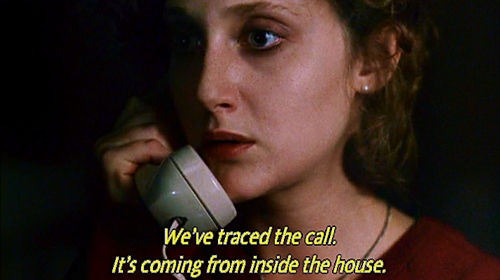The United States Patent and Trademark Office (“USPTO”) has proposed a new rule that would require foreign trademark registrants and applicants to be represented by a licensed U.S. attorney in order to file trademark documents with the USPTO. This rule was entered into the public comment period last November, a process that effectively puts the public on notice and allows members of the public to submit their feedback on the proposed rule change. This public comment period expires in February, with a final action to approve the rule change expected to take place in June, 2019. If approved, this new rule would become effective July, 2019.
There are a couple of reasons behind this drastic change in policy for a Trademark Office that has traditionally allowed applicants and registrant to represent themselves pro se — one such reason is broader, and the other to combat a specific problem that has been plaguing the USPTO in recent times.
Broadly, the USPTO states that this rule change has the purpose of ensuring that the USPTO can “effectively use available mechanisms to enforce foreign applicant compliance with statutory and regulatory requirements in trademark matters; provide greater confidence to foreign applicants and the public that registrations that issue to foreign applicants are not subject to invalidation for reasons such as improper signatures and use claims; and aid USPTO efforts to improve accuracy of the U.S. Trademark Register.”While it appears that this rule exists as a direct result of the recent influx of pro se applications filed by Citizen citizens, let’s tackle each of these listed reasons in turn.
The autocratic Chinese government has been effectively subsidizing Chinese citizens’ efforts to obtain U.S. Trademarks registrations. Indeed, the Chinese regime will pay $790 to any Chinese citizen who successfully obtains a federal U.S. trademark registration. This has had the effect — whether intended or not — of encouraging Chinese citizens to obtain trademark registration in the U.S. by any means necessary, even if they do not sincerely have any interest in those trademark rights. While this may seem targeted directly at reducing fraudulent Chinese applications, this rule is actually in line with similar rules long in effect in Canada, Japan, and China. In the European Union, applicants may apply pro se, but must appoint a representative before or after receiving an Office action.
The idea is not, necessarily, that a private U.S. attorney is more capable of spotting a fraudulent trademark application than an examining attorney at the USPTO. Indeed, the examining attorneys are quite adept at weeding out real from manufactured motives behind a given trademark application. Instead, this rule is seemingly aimed at increasing the judicial economy of the USPTO by decreasing the number of fraudulent applicants. If a Chinese citizen must pay to be represented by a licensed U.S. attorney, surely it would significantly impact the amount of the $790 subsidy they are looking to reap. Thus, the hope is that this added expense will make the process too expensive and cumbersome for all but the most sincere foreign applicants. Unless the applicant has a sincere interest in protecting his or her trademark rights in America, the process will be prohibitively not worth it, despite the government subsidy.
The other major purpose behind this rule change is to help sincere applicants receive the best possible outcome at the USPTO. Indeed, a 2013 Sanford University study found that Applications filed pro se run a significantly high risk of being rejected than those represented by a licensed attorney. Pro se applicants, who don’t necessarily understand the nuances of trademark law, are susceptible to innocent yet damaging mistakes — for example, listing a far too broad laundry list of goods that they do not reasonably expect to participate in, thus opening any eventual registration up to challenges.
There is still time before this rule goes into effect. However, if you have any questions about hiring experienced and licensed U.S. trademark attorneys to represent you in front of the USPTO, we would be happy to discuss with you further! Please contact Gugliotta & Gugliotta, L.P.A. here, by phone at (888) 298-8580, by email at trademarks@inventorshelp.com, or by mail at 55 S. Miller Road | Ste. 203, Akron, OH 44286.
Gugliotta & Gugliotta, LPA publishes this blog for educational purposes only, not to provide specific legal advice. By using this blog site you indicate that you understand there is no attorney-client relationship between you and the Gugliotta & Gugliotta, LPA. This blog should not be used as a substitute for obtaining legal advice from a licensed attorney. In addition, statements made on this blog represent the viewpoints of the individual authors, and do not necessarily reflect the views of Gugliotta & Gugliotta, LPA or any of our clients.

